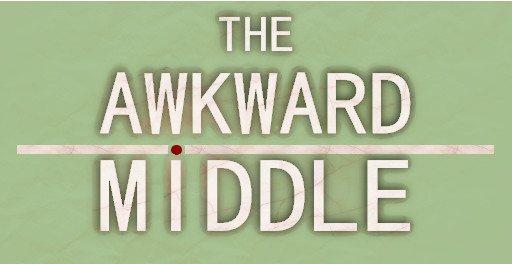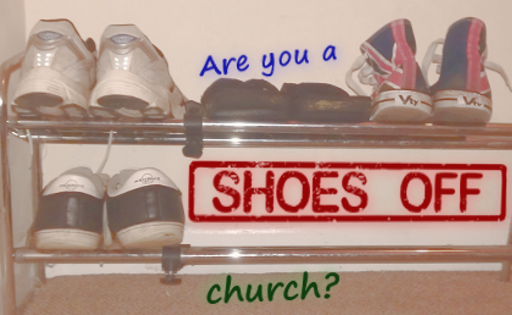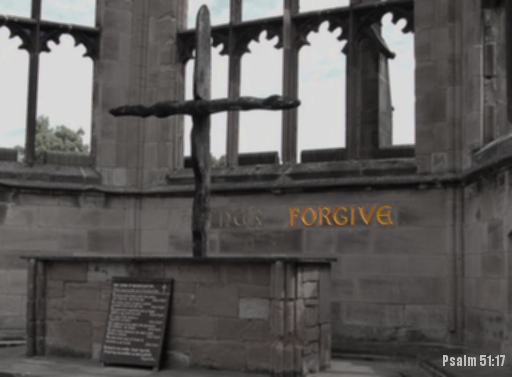Churches have to cater for, roughly speaking, two populations: the newcomers, people who have never been to this particular church before; and the established congregaion, who need perhaps more challenging than welcoming. Of course, the picture painted here is very sketchy: it doesn’t consider the nuances of visitors or occasional worshippers. But even taking these into account, there are roughly two groups: the new faces and the familiar faces.

All the churches I’ve been to embrace their mission to welcome all. I remember walking alone into church many times (as a visitor in many cases, but also as a first-time visitor) and every single time, I was introduced to many people, including more often than not the pastor, and feeling that people were taking a genuine interest in me. Tea and coffee after the service was also always appreciated. Especially with biscuits.
All the churches I’ve been to also have a lot of activities going on for their members: lots of ways to serve, midweek groups, community action, etc.: the church is not a continually repeated welcome. A good church spurs individual spiritual growth, and does not start over from scratch every week.
Of course, there is a tension for church leaders between serving newcomers and serving regular faces: how much should they explain, say, the structure of the service? Plug mid-week groups? There’s a danger of boring the regulars with the same information every week, and a danger of newcomers not knowing what to do. There are many practical ways of solving this: print the information – and, first and foremost, encourage the congregation itself to be welcoming to new faces, etc. It shouldn’t all come from the top!
So far, so good: we have churches that manage to cater for two distinct populations fairly well. The problem is: you don’t suddenly change from new face into regular face. There is an awkward middle: one where you haven’t, for instance, decided to get stuck in in that particular church, but no longer get the welcome you did as a “new face”. One where you’re neither an old face nor a new face. My experience is that most churches are in denial about this awkward middle, probably because they don’t know how to address it.
There are churches that outright try to skip the awkward middle by making newcomers sign up to a wealth of activities on their first day. Or at least to the mailing list, which then gets indiscriminately used. For all intents and purposes, once you’re on that list, you are no longer seen as a newcomer. This strategy works with a very limited population: those who (a) know they won’t be going to a different church, and (b) have a passion for church life that is burning enough for them to unreservedly sign up when offered. But there will be a large-ish number who will not want to sign up straight away. I tend to fall in that category. And for us, it is damaging, because we feel a certain guilt at not having signed up when it was first offered, imagine we have missed the train, and end up disengaged with church activities.
There are churches that fall on the other end of the spectrum. The awkward middle is simply an extended newcomer phase, and there is a definite shyness in sharing either opportunities for service or mid-week groups. Transitioning from newcomer to known face becomes, then, frustrating.
As far as I can tell, there is no magic formula that will sort out the issue of the awkward middle for everyone at once – simply because when that awkward middle happens is very much dependent on the individual. But here are a few ideas:
- most importantly, know and care for all individuals coming to your church. Remember what they tell you, but don’t let that stop you from going and talking to them – there is always more to say! Only ever offer further involvement in the framework of that caring relationship. This means that you should know at least a few things about whom you’re inviting.
- as a church member, be transparent about your extra activities. Invite newcomers to non-threatening, one-off (even if repeated one-offs!) events: do not call them “small group”, or anything that would suggest that once you go there, you must continue to do so.
- remember that small groups, or whatever other activity you get involved in, is not an end in itself: community and growth tend to be the purpose. If that is clear,
- as a church/team leader, make it easy for people to help out “on the day”, without commiting to further service on further weeks. This could be a slot on the rota that is deliberately left empty (help with tea, or with welcome, etc.)
- periodically ask for help in various specific teams. Do not limit the notices to the “big jobs” held by one person only, and that feel out of reach!
Any other ideas?




